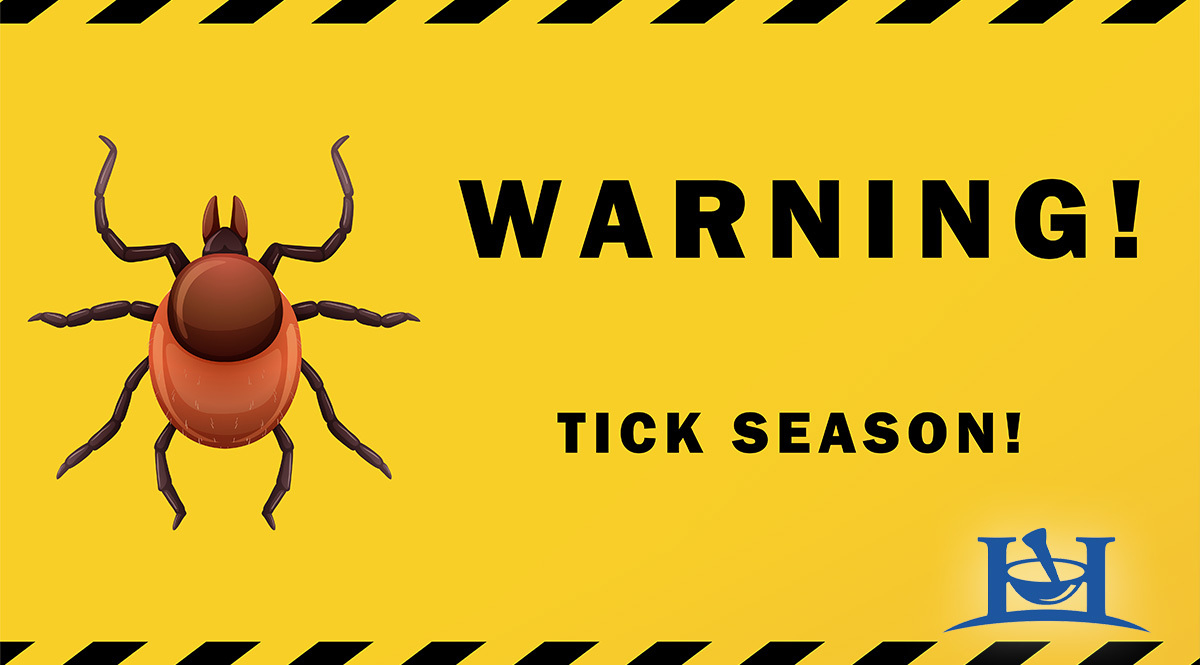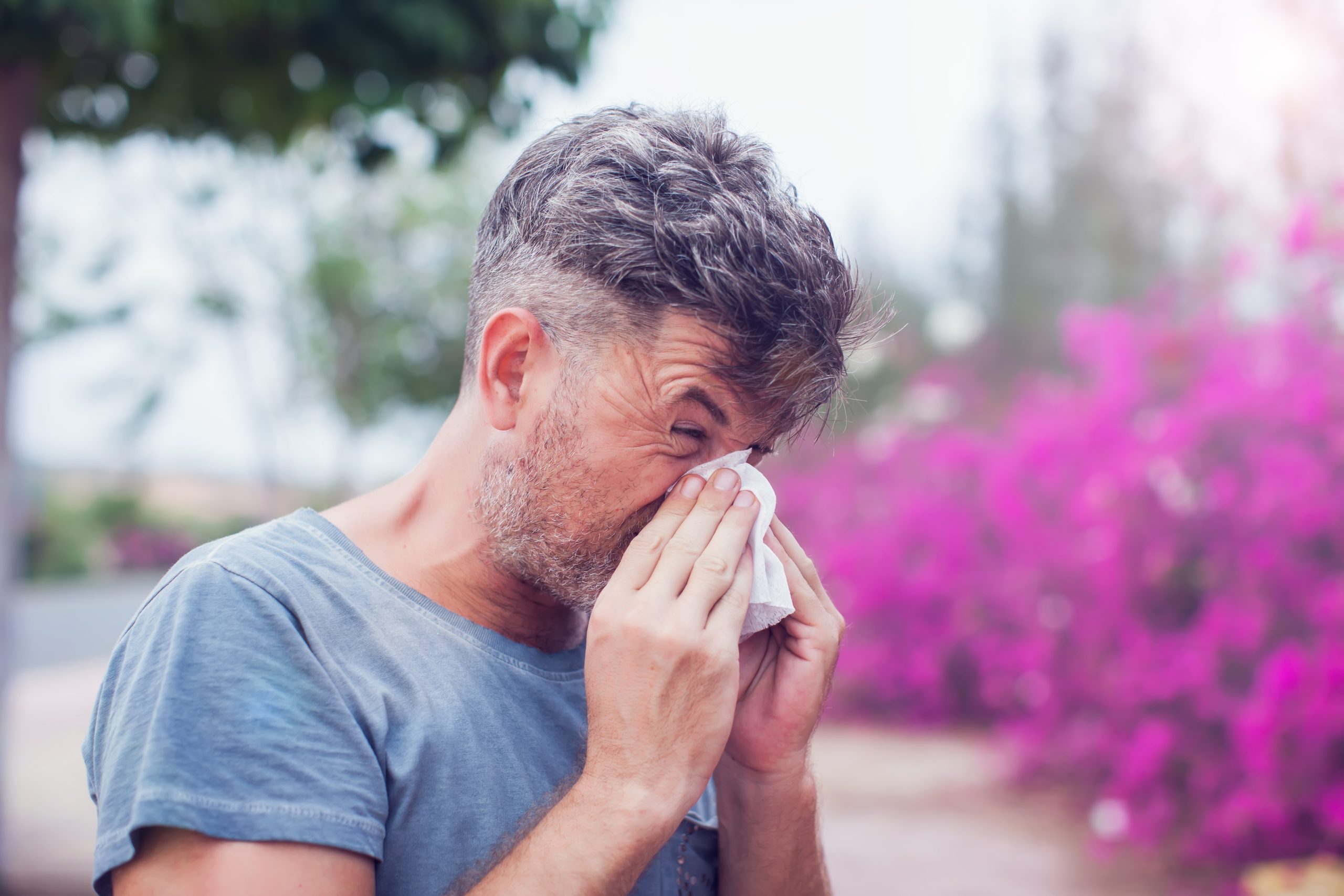Babesiosis: A tick-borne illness on the rise
- Date: June 15, 2023
A lesser-known tick-related illness than Lyme disease is appearing in new parts of the US.
You may be familiar with Lyme disease, a bacterial infection from the bite of an infected black-legged tick. While Lyme disease is the most commonly reported tick-borne illness in the United States, another is on the rise: babesiosis. A March 2023 CDC report shows that babesiosis now has a foothold in 10 states in the Northeast and Midwest.
What is babesiosis?
Babesiosis is an illness caused by a parasite (typically Babesia microti) that infects red blood cells. It is spread by infected black-legged ticks (deer ticks). In most cases, the tick must be attached to a person for at least 36 hours to transmit the parasite.
What are the signs and symptoms of babesiosis?
Some people with babesiosis experience no symptoms, but the most common symptoms are a combination of
- severe flulike symptoms such as a high fever (up to 104° F), chills, and sweats, particularly night sweats
- general discomfort or feeling unwell
- intense headache
- muscle and joint pain
- loss of appetite
- nausea
- fatigue.
These symptoms can appear within one to nine weeks, or even several months after a person has been infected.
Babesiosis can be a severe, life-threatening disease, particularly for adults over age 65 and people with weakened immune systems, such as people without a spleen and those receiving biological therapy or chemotherapy.
Why are cases of babesiosis rising?
Until recently, babesiosis was endemic (consistently present) in seven states: Connecticut, Massachusetts, Minnesota, New Jersey, New York, Rhode Island, and Wisconsin.
However, the CDC report added three more Northeastern states to the list — Maine, New Hampshire, and Vermont — where case rates between 2011 and 2019 matched or even surpassed the other seven states. Vermont cases rose from two to 34, Maine cases from nine to 138, and New Hampshire cases from 13 to 78. The trend is worrisome.
How is this tick-borne illness diagnosed and treated?
Babesiosis is diagnosed by a blood test.
It may be treated with specific antibiotics (different than those used for Lyme disease), or with an antibiotic and antimalarial medication. While treatment usually takes seven to 10 days, a longer course may be recommended for people who are immunocompromised.
How can you prevent tick-borne illnesses?
Tick exposure can occur year-round, but ticks are most active during warmer months. Most cases of babesiosis occur from late spring through early autumn.
Ticks live in grassy, brushy, or wooded areas. Almost any outdoor activity can expose you or your pets to infected ticks, such as camping, walking your dog, and gardening.
To avoid babesiosis and other tick-borne diseases, the CDC offers these tips:
- Use insect repellents recommended by the Environmental Protection Agency (EPA) containing DEET, picaridin, IR3535, oil of lemon eucalyptus (OLE), para-menthane-diol (PMD), or 2-undecanone. Treat clothing and gear with products containing 0.5% permethrin. Permethrin can treat boots, clothing, and camping gear and remain protective through several washings.
- Wear light-colored pants and long-sleeved shirts and a hat during outdoor activities.
- Try to avoid wooded and brushy areas with high grass and leaf litter. Walk in the center of trails.
- Check clothing, pets, backpacks, and gear for ticks after spending time outdoors.
- When you come indoors, remove shoes and put clothes in the dryer on high heat for 10 minutes to kill ticks.
- To remove a tick, use fine-tipped tweezers to grasp the tick as close to the skin's surface as possible. Pull upward with steady, even pressure. Don't twist or jerk the tick, as this can cause the mouth-parts to break off and remain in the skin. Clean the bite area with rubbing alcohol or soap and water. Shower within two hours after coming indoors to help remove any unattached ticks. Use the opportunity for a full-body tick check.





